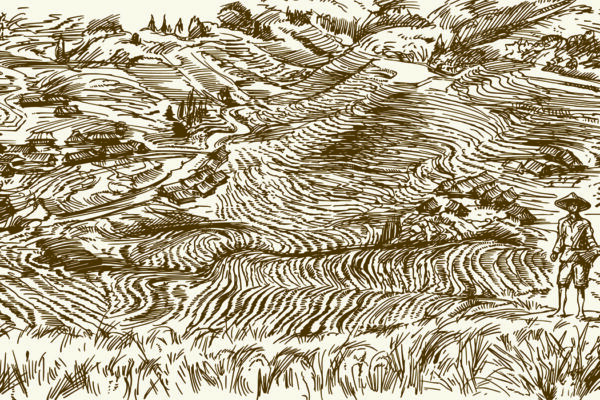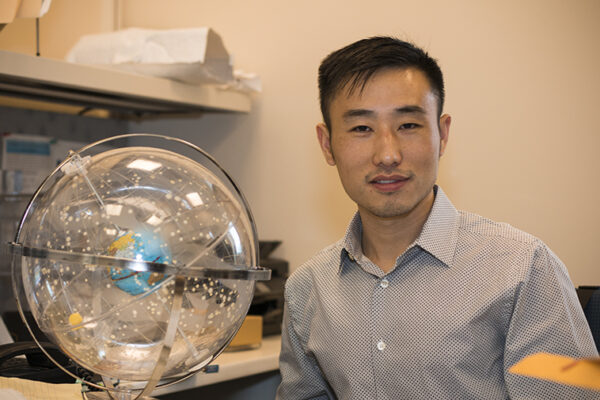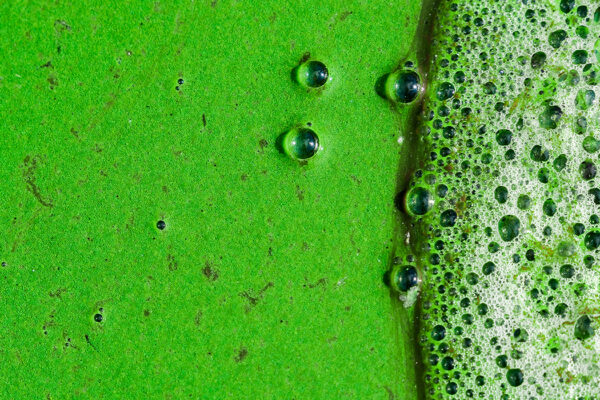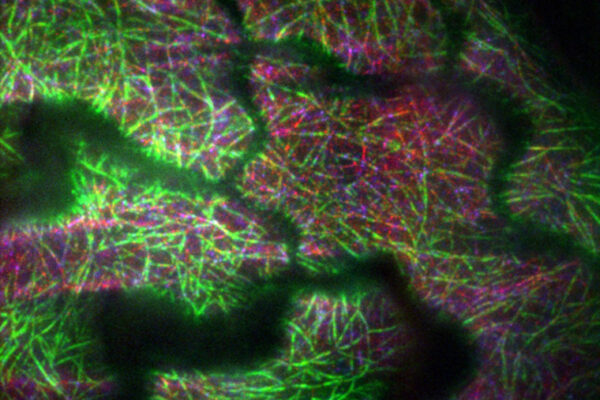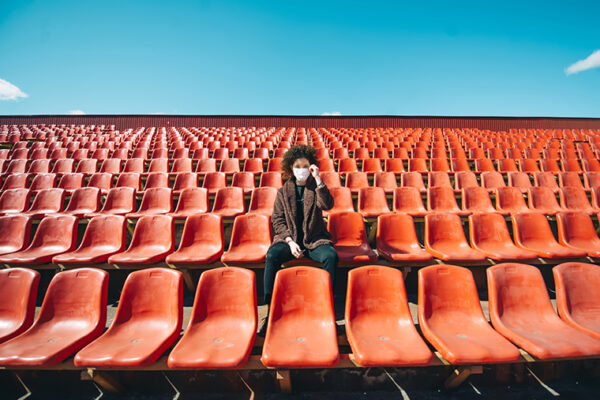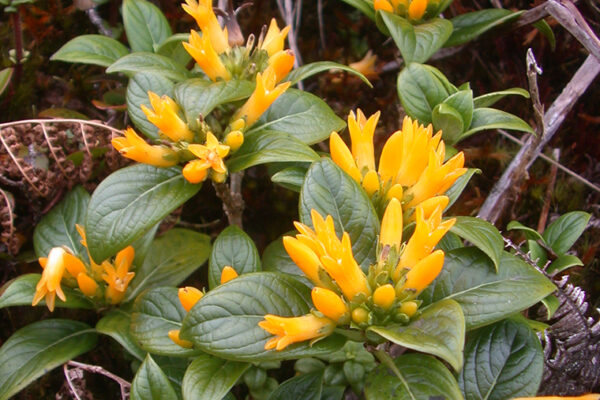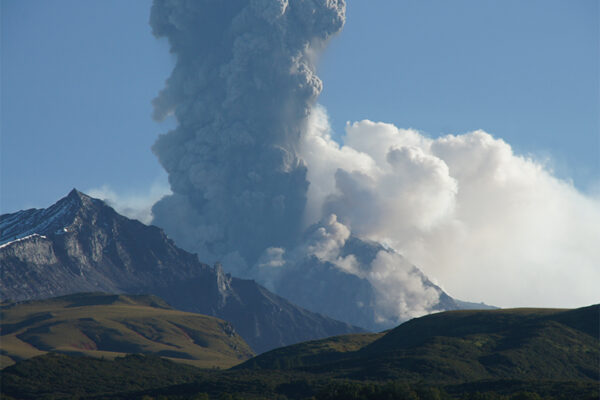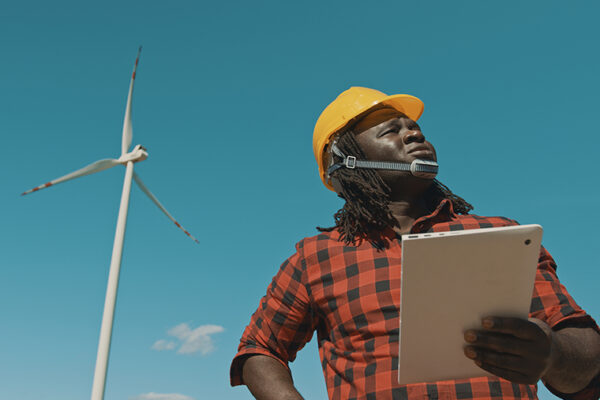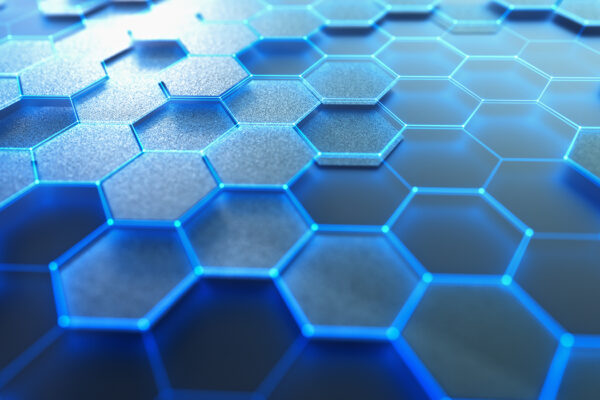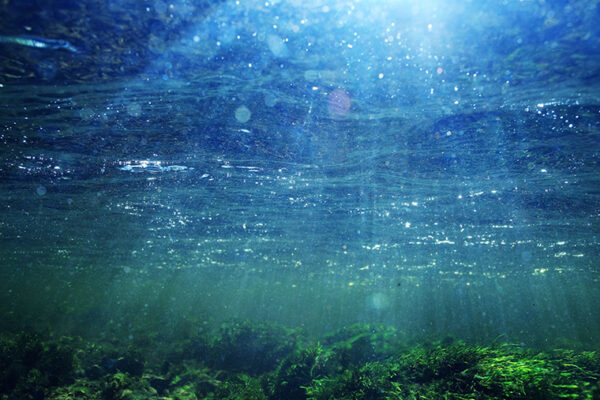Under climate stress, human innovation set stage for population surge
Anthropologist T.R. Kidder in Arts & Sciences published new research that shows that aridification in the central plains of China during the early Bronze Age did not cause population collapse. The results highlight the importance of social resilience to climate change.
Wang receives grant to study volatiles in early solar system
Kun Wang, assistant professor of earth and planetary sciences in Arts & Sciences at Washington University in St. Louis, received a $506,053 grant from the NASA Emerging Worlds program for his project, “Experimental Studies of Volatile Fractionation in the Early Solar System.”
Building a better green workhorse
Biologist Himadri Pakrasi in Arts & Sciences leads a team awarded $1.7 million from the National Science Foundation to streamline the genome of a cyanobacterium for sustainable production of food, feed and fuels.
Biologist Dixit awarded $2M to study dynamics of intracellular scaffolds
Plant and animal cells rely on the versatile microtubule cytoskeleton. Researchers in Arts & Sciences at Washington University in St. Louis received new funding from the National Institutes of Health to uncover the inner workings of these structures, including how they change configuration based on a cell’s needs.
Risk analysis helps contend with uncertainty of in-person activities
People now have access to better real-time information about COVID-19 infection and transmission rates, but they still have to decide what is safe to do. A new model co-authored by mathematician John McCarthy in Arts & Sciences at Washington University in St. Louis helps to contend with the uncertainty.
Biologist Landis awarded NSF grant to model evolution of Hawaiian plants
Michael Landis, assistant professor of biology in Arts & Sciences at Washington University in St. Louis, applies newer statistical and computational methods for insights into how biodiversity is generated, maintained and lost.
Lots of water in the world’s most explosive volcano
Michael Krawczynski, assistant professor of earth and planetary sciences in Arts & Sciences at Washington University in St. Louis, and graduate student Andrea Goltz investigate the deep, inner workings of Shiveluch, a volcano on a remote peninsula in northeastern Russia.
Biden energy plan is aggressive, but much can be done
Geophysicist Michael Wysession, professor of earth and planetary sciences in Arts & Sciences at Washington University in St. Louis, teaches a popular undergraduate course called “Energy and the Environment.” He breaks down President-elect Joe Biden’s 9-point Energy Plan, point-by-point.
Put a flake on it: A new way to add electrical charge
Gaining control of the flow of electrical current through atomically thin materials is important to potential future applications in photovoltaics or computing. Physicists in Arts & Sciences at Washington University in St. Louis have discovered one way to locally add electrical charge to a graphene device.
Orange is the new ‘block’
New research from Washington University in St. Louis reveals the core structure of the light-harvesting antenna of cyanobacteria — including features that both collect energy and block excess light absorption. Orange carotenoid protein plays a key protective role, according to Haijun Liu, research scientist in chemistry in Arts & Sciences at Washington University in St. Louis.
View More Stories
